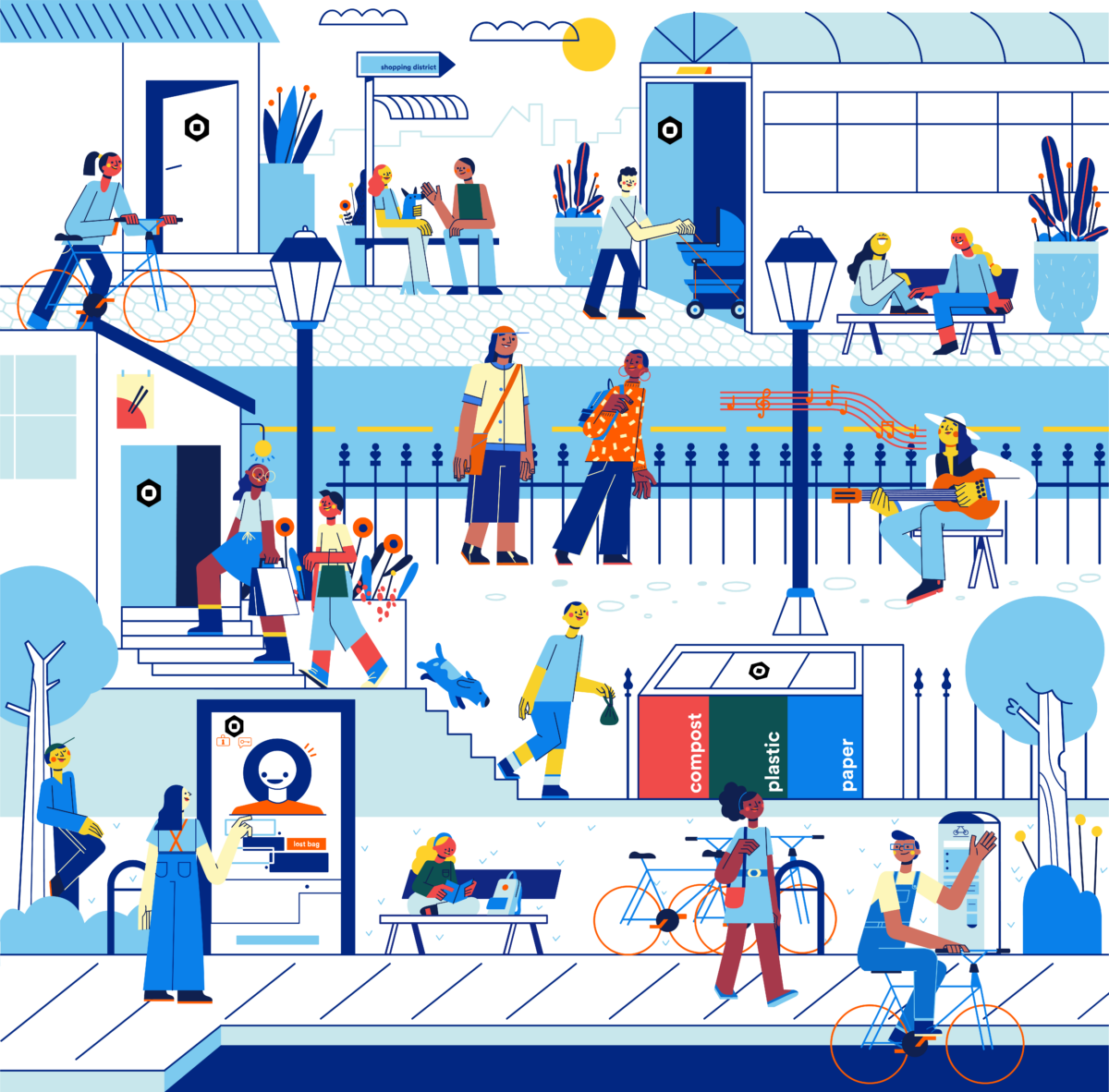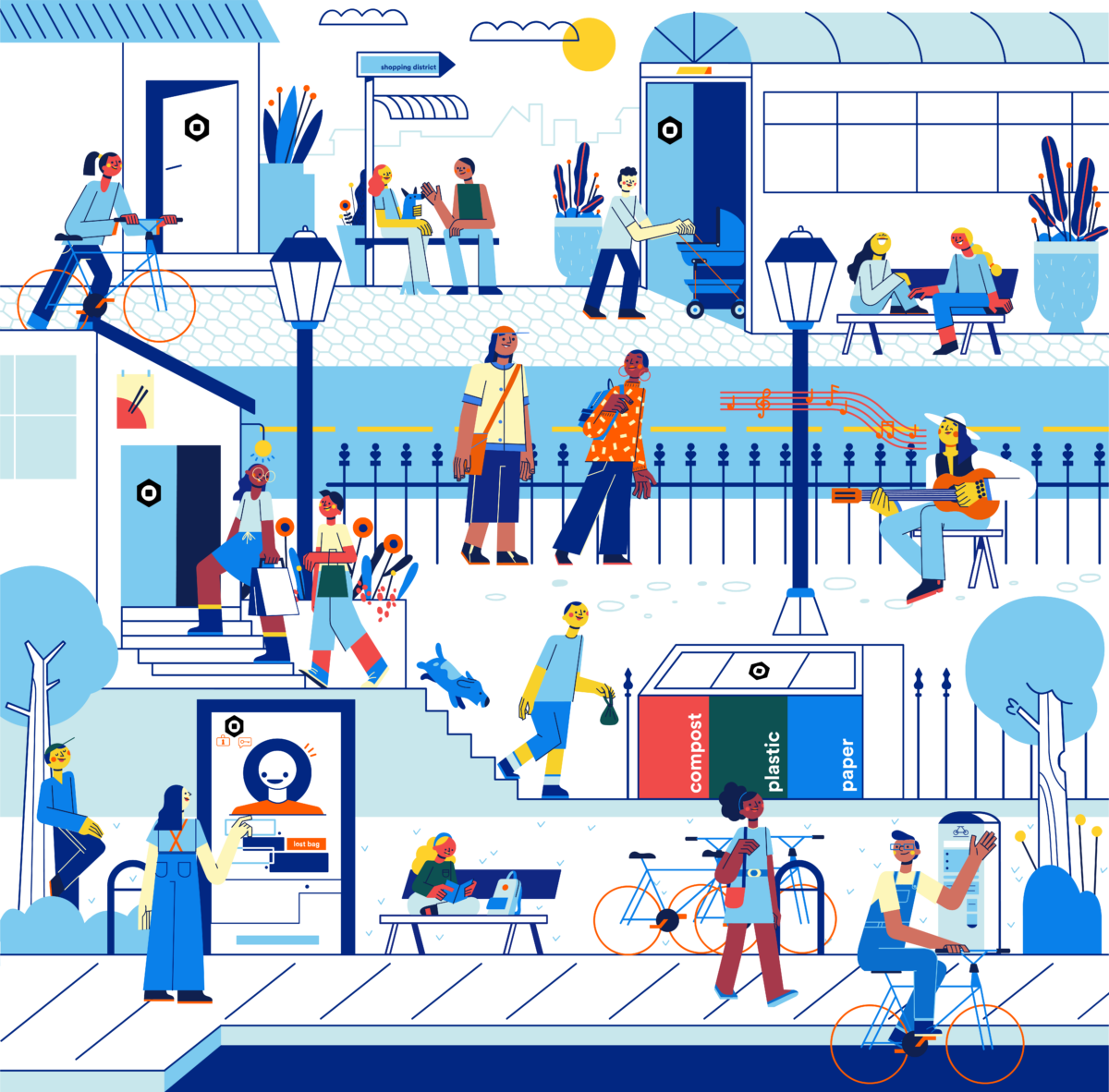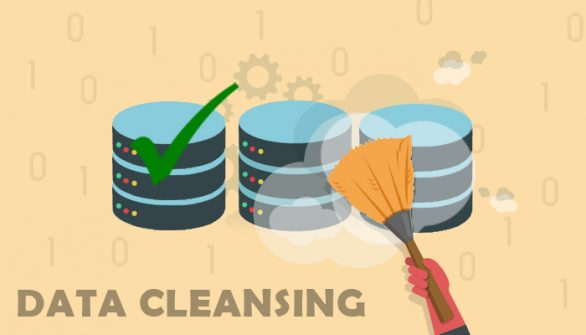Join us for an insightful exploration & discussion of the Cure Violence program! During this session, attendees will gain insights into the CURE Violence program and listen to discussions on program evaluation, data utilization, and recommendations. This event is for policymakers, community leaders, researchers, and anyone passionate about fostering safer, healthier communities.
Cure Violence uses a public health approach to reduce gun violence. It aims to prevent conflicts from escalating, support individuals at high risk of violence, and shift social norms. You will briefly hear more about Cure and its history, and the results of our analysis of its effectiveness. This will set the stage for a panel discussion featuring stakeholders invested in building safer communities in NYC.
Panelists include Jeffrey A. Butts, Director of the Research and Evaluation Center at John Jay College of Criminal Justice, Council members Althea Stevens and Yusef Salaam, Chairs of the Committee on Children and Youth and Public Safety respectively, R. Brent Decker, Chief Program Officer of Cure Violence Global, and Hector Cuevas, Vice President of Education & Youth Development programs at CAMBA and moderated by Rose Martinez, Assistant Deputy Director of the NYC Council’s Data Team.








